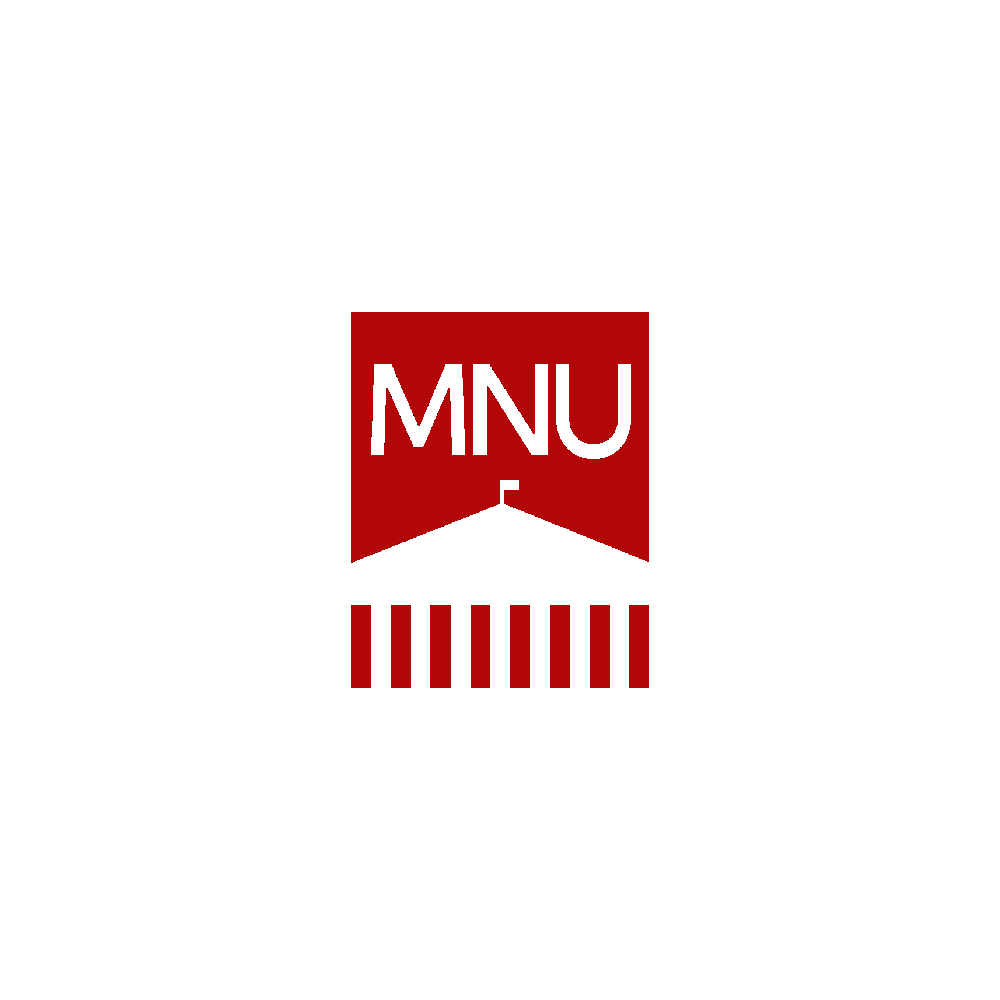Research Capacity Development in Teacher Education in Kazakhstan
Description:
Project title: Research Capacity Development in Teacher Education in Kazakhstan
YEARS: 2023-2025
FUNDER: Ministry of Science and Higher Education of the Republic of Kazakhstan, Grant No. АР19576588
FOCUS AREA: teacher education, research pedagogy, research capacity development, research methods, higher education
PROBLEM STATEMENT: This project addresses the issue of research capacity development in teacher education in Kazakhstan. Over the past decade, the government has promoted research-informed teaching as a way to modernize the secondary education curriculum (2016-2019 State Program of Education Development, 2021 National Project on Quality Education “Educated Nation”). This turned research capacity development into one of the priorities of teacher education. However, the underdeveloped research culture in higher education in Kazakhstan raises concerns about the quality of research methodology training in teacher education enabling future teachers to integrate teaching and research.
RESEARCH PURPOSE: The project aims to examine the role of research methods courses at the Bachelor’s and Master’s levels in building future teachers’ research capacity in the methodology of educational research. More specifically, we focus on developing an understanding of how research methods courses in teacher education are developed at universities in Kazakhstan, what challenges faculty encounter in teaching research methods courses, and how they cope with these challenges, as well as how undergraduate and graduate students in teacher education assess the value of research methods courses for their future academic and professional work.
DELIVERABLES:
Journal Articles:
Sarsenbayeva, A., Mukhamejanovа, D., Kuchumova, G., & Zhaksybay, M. (2024). Research-oriented teacher education in Kazakhstan: Policy documents and literature analysis. Bulletin of Abai KAZNPU. Series of Pedagogical Sciences, 83(3), 5 – 14. https://bulletin-pedagogy.kaznpu.kz/index.php/ped/article/view/3197/919
Abstract: This article examines how research-oriented teacher education is represented in Kazakhstani literature and policy. Driven by curriculum renewal and the shift toward a knowledge-based economy, Kazakhstan’s teacher education modernization emphasizes research capacity at individual, organizational, and system levels. Using thematic analysis of fifteen scholarly articles and six policy documents, the study identifies key themes such as the rationale for research-oriented teacher education, implementation approaches, and teacher research competencies, alongside discussions of readiness, barriers, and development strategies.
Kuchumova, G., Sarsenbayeva, A., Mukhamejanovа, D. (2025). Research-based teacher education in Kazakhstan: Goals, practices and challenges. Bulletin of Kazakh Ablaikhan University of International Relations and World Languages. Series of Pedagogical sciences, 76(1), 126-150. https://bulletin-pedagogical.ablaikhan.kz/index.php/j1/article/view/1559
Abstract: This study explores how research-based teacher education is developed and implemented in Kazakhstan amid ongoing educational reforms emphasizing teachers’ research competencies. Using document analysis and interviews with twelve academic managers from four universities, the study found variations in course outcomes across departments: pedagogical units focus on self-reflective and practice-oriented research, while science departments stress subject-specific research skills. Key challenges include limited research capacity among teacher educators, low student motivation, restricted academic autonomy, and inconsistent understandings of research-based education. The findings provide insights to support policy and institutional efforts to modernize teacher education in Kazakhstan.
Mukhamejanova, D., Zhaksybay, M., & Kuchumova, G. (2025). Research-based teacher education in Kazakhstan: student perspectives on educational research methods courses. Journal of Education for Teaching, 51(3), 581–595. https://doi.org/10.1080/02607476.2025.2503008
Abstract: This study explores research-based teacher education in Kazakhstan through a qualitative multiple-case study of 450 undergraduate student teachers from four major universities. It examines their perceptions of educational research, course organization, and the relevance of research for their future profession. Findings show that while many students struggle to fully grasp educational research, those taught by research-active educators in compulsory courses demonstrate a stronger understanding of research as inquiry. Using Healey and Jenkins’ model and Reis-Jorge’s framework, the study offers insights into the challenges and opportunities of research-based teacher education in Kazakhstan and suggests refinements to the conceptual framework to guide future research and course design.
Kuchumova, G., & Mukhamejanova, D. (2025). Challenges in developing research-based teacher education in Kazakhstan. Education Sciences, 15(10), 1339. https://doi.org/10.3390/educsci15101339
Abstract: This study investigates the implementation of research-based teacher education in Kazakhstan, where pre-service research training is increasingly emphasized to foster reflective and inquiry-oriented teachers. Using a qualitative multiple-case study design, interviews with 45 academic and administrative staff from four teacher training universities revealed that effective implementation is hindered by barriers across semantic, material, and social dimensions. Grounded in social practice theory, the study concludes that genuine transformation toward research-based teacher education requires systemic restructuring of existing institutional arrangements.
Other Publications:
Project Meta-analysis. Info
Policy Brief “Research Capacity Development in Teacher Education in Kazakhstan”
Monograph: Kuchumova, G., Mukhamejanova, D., Sarsenbayeva, A. (2025). Development of research capacity in teacher education in Kazakhstan: Challenges and prospects. http://repository.kazguu.kz/handle/123456789/2610
Abstract: The monograph examines how research-based learning is implemented in teacher education in Kazakhstan. It analyzes educators’ understanding of research in teacher preparation, the organization of research methodology courses, available research opportunities, and the challenges faced in this process. Aimed at rethinking teacher training in Kazakhstan, the book serves as a useful resource for researchers, educators, and policymakers interested in modernizing teacher education.
Conferences:
1st Central Asia Higher Education Conference. Presentation: Mitigating Challenges in Designing and Running Research Methods (RM) Courses. Presenters: Sarsenbayeva A. & Zhaksybay M. February 01 – 02, 2024, KIMEP University. Info
The Asian Conference on Education & International Development (ACEID2025).
Presentation 1: Towards research-based teacher education in Kazakhstan: Insights from Teacher Education Providers. Presenters: Kuchumova G. April 24-29, 2025. The International Academic Forum (IAFOR), Tokyo, Japan. Certificate. Conference material
Presentation 2: Student Perspectives on Research-based Teacher Education in Kazakhstan. Presenter: Mukhamejanova D. April 24-29, 2025. The International Academic Forum (IAFOR), Tokyo, Japan. Certificate.

